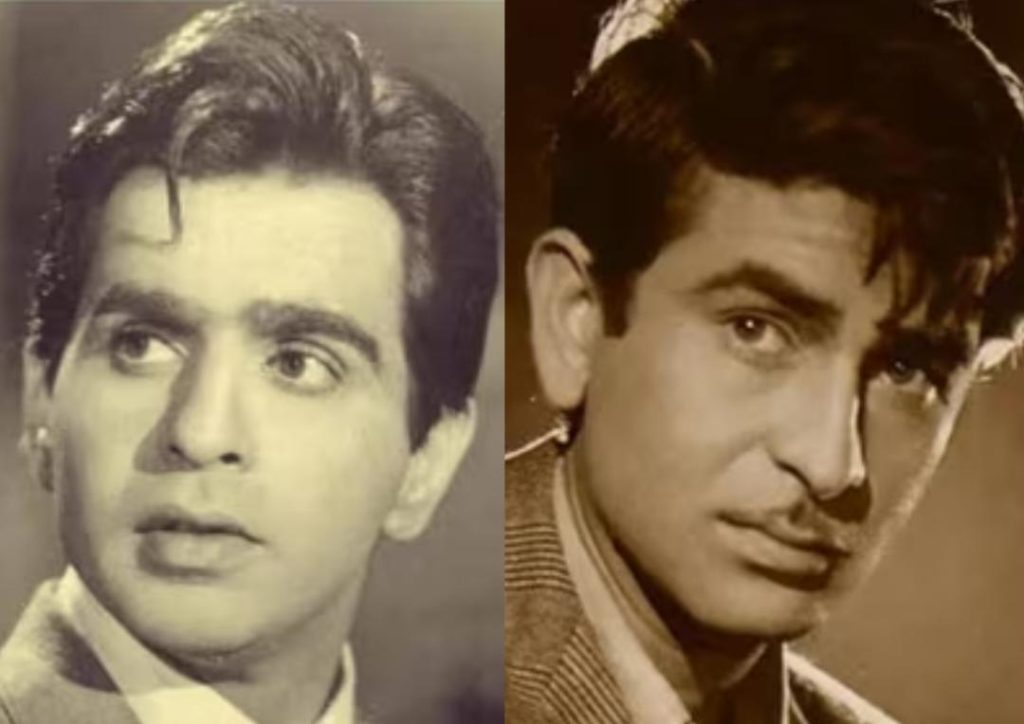
Dilip Kumar & Raj Kapoor’s Homes in Pak to be Turned into Museums
Pakistan is a country rich in cultural heritage, and it’s no surprise that the government is taking steps to preserve and promote its rich history. Recently, it was announced that the ancestral homes of legendary actors Dilip Kumar and Raj Kapoor in Peshawar, Pakistan, will be renovated and turned into museums. This exciting development is expected to attract tourists and immerse them in the country’s cultural landmarks.
According to reports, the Director of Archaeology, Dr. Abdul Samad, revealed that the construction work will begin soon and is expected to be completed within the next two years. The estimated cost of the project is a whopping ₹7 crore. The Khyber Pakhtunkhwa government is eager to transform these cultural landmarks into focal points for tourists, allowing them to experience the country’s rich history and cultural heritage.
Dilip Kumar’s ancestral home, located in Qissa Khwani Bazaar, Peshawar, is a significant landmark in the city’s cultural landscape. The home, which dates back to the early 20th century, was a hub for artistic and intellectual activities in the city. It’s where Dilip Kumar, one of Bollywood’s most iconic actors, spent his childhood and drew inspiration from his surroundings.
Raj Kapoor’s ancestral home, situated in the heart of Peshawar, is another important cultural landmark that will be transformed into a museum. The home, which has been in the Kapoor family for generations, is a testament to the family’s rich cultural heritage. Raj Kapoor, a legendary actor and filmmaker, was known for his iconic movies like “Awaara” and “Shree 420”, which continue to be celebrated in India and Pakistan.
The decision to turn these ancestral homes into museums is a significant step towards preserving Pakistan’s cultural heritage. The country has a rich history, with many cultural landmarks that are worth preserving. By transforming these homes into museums, the government is ensuring that future generations can learn about and appreciate the country’s cultural heritage.
The project is not just about preserving cultural landmarks; it’s also about promoting tourism in the region. Pakistan has been working hard to improve its tourism infrastructure, and projects like this will help attract more tourists to the country. The government is also exploring other ways to promote tourism, such as developing new routes and attractions, and improving infrastructure.
The renovation of these ancestral homes will not only preserve their cultural significance but also provide a unique experience for tourists. Visitors will be able to explore the homes, learn about the lives of Dilip Kumar and Raj Kapoor, and gain a deeper understanding of Pakistan’s cultural heritage. The museums will also feature exhibits and artifacts that showcase the country’s rich cultural history, making it a must-visit destination for anyone interested in cinema, culture, and history.
The project is expected to create jobs and stimulate the local economy, benefiting the community and local businesses. The renovation work will also provide an opportunity to train local artisans and craftsmen, helping to preserve traditional skills and techniques.
In conclusion, the decision to turn Dilip Kumar and Raj Kapoor’s ancestral homes into museums is a significant step towards preserving Pakistan’s cultural heritage. The project is expected to attract tourists, promote cultural exchange, and provide a unique experience for visitors. As Pakistan continues to work towards promoting its cultural landmarks, this project is an important step towards achieving its goals.






